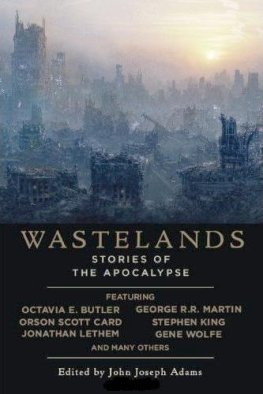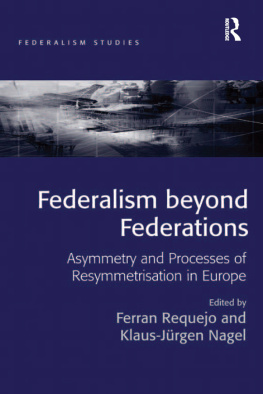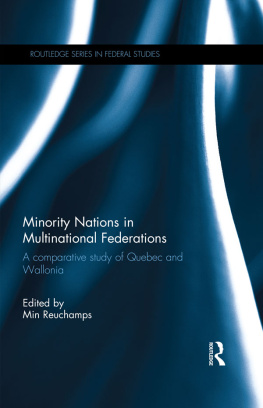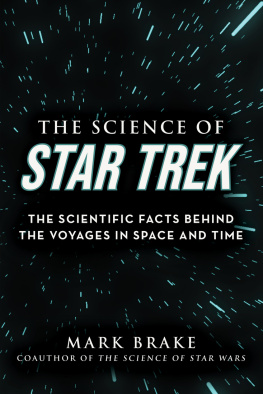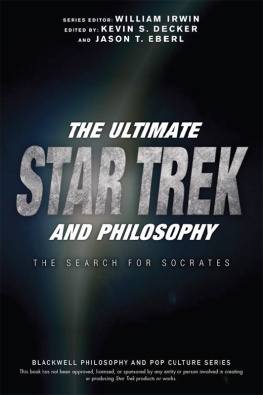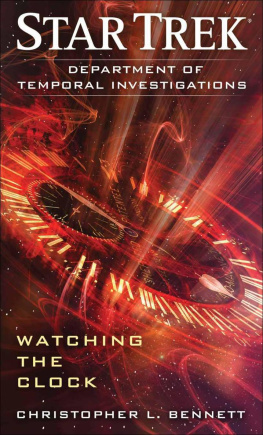John Adams - Federations
Here you can read online John Adams - Federations full text of the book (entire story) in english for free. Download pdf and epub, get meaning, cover and reviews about this ebook. genre: Science fiction. Description of the work, (preface) as well as reviews are available. Best literature library LitArk.com created for fans of good reading and offers a wide selection of genres:
Romance novel
Science fiction
Adventure
Detective
Science
History
Home and family
Prose
Art
Politics
Computer
Non-fiction
Religion
Business
Children
Humor
Choose a favorite category and find really read worthwhile books. Enjoy immersion in the world of imagination, feel the emotions of the characters or learn something new for yourself, make an fascinating discovery.

- Book:Federations
- Author:
- Genre:
- Rating:4 / 5
- Favourites:Add to favourites
- Your mark:
- 80
- 1
- 2
- 3
- 4
- 5
Federations: summary, description and annotation
We offer to read an annotation, description, summary or preface (depends on what the author of the book "Federations" wrote himself). If you haven't found the necessary information about the book — write in the comments, we will try to find it.
Federations — read online for free the complete book (whole text) full work
Below is the text of the book, divided by pages. System saving the place of the last page read, allows you to conveniently read the book "Federations" online for free, without having to search again every time where you left off. Put a bookmark, and you can go to the page where you finished reading at any time.
Font size:
Interval:
Bookmark:
Federations
An anthology of stories edited by John Joseph Adams
Cover art by Sergoe.
Cover design by Stephen H. Segal.
Ebook design by Neil Clarke.
INTRODUCTION JOHN JOSEPH ADAMS
Its safe to say that without Star Wars and Star Trek, I might have never become a science fiction fan. When I was a kid, it was those movies and television shows that first interested me in the genre. And when I tested the waters of science fiction reading, some of the first books I bought with my own money were Star Trek and Star Wars novels. In a sense, these properties and their tie-in novels acted as a kind of gateway drug to the wider genre of science fiction for me. Since reading those first books, I have expanded my tastes and interests, but my fondness for the Trek-type of narrative has remained, and so to me, the idea of doing an anthology that builds on those same tropes and traditions held great appeal. That, more than anything, is the reason this book exists.
But of course it is not just Star Trek and Star Wars that explore the vastness of interstellar, galaxy-spanning societiesof governments, not of countries, but of worlds, or entire groups of worlds. SF literature has a great many examples of it as well. There are classics like Isaac Asimovs Foundation, Ursula K. Le Guins Hainish cycle, and Frank Herberts Dune series; in fact, the tradition in print SF goes back long before Star Trek and Star Wars, all the way back to the days of the pulps, when writers like E. E. Doc Smith was writing his Lensman novels.
These classic federations have revealed and shaped much of American life. But with this anthology, we look to see what comes next. What will the interstellar federations of the future look like now that our society accepts (for the most part) racial and gender equality? President Barack Obama himself was a Trek fan as a child. Now, he is the first African-American president, something that even optimists like Gene Roddenberry might have had a hard time imagining. There will always be federations on the horizon, in our future, describing who we wish we were, or might become.
Over the decades, writers have continued to develop new and exciting takes on this themeindeed, contemporary writers like Alastair Reynolds and Lois McMaster Bujold have crafted some of the finest examples of interstellar science fiction of all time, work that will likely be considered classic in the future. Writers like them, and the others in this book, are keeping the tradition alive, building on what the generations before have laid out, innovating to keep the sub-genre fresh and vital.
In the pages that follow, you will find a mix of all-new, original fiction, alongside selected reprints from authors whose work exemplifies what interstellar science fiction is capable of.
MAZER IN PRISON ORSON SCOTT CARD
Orson Scott Card is the best-selling author of more than forty novels, including Enders Game, which was a winner of both the Hugo and Nebula Awards. The sequel, Speaker for the Dead, also won both awards, making Card the only author to have captured science fictions two most coveted prizes in consecutive years. His most recent book is another entry in the Enderverse, Ender in Exile.
Mazer in Prison, which first appeared in Cards webzine, Intergalactic Medicine Show, takes place prior to the events in Enders Game and follows Mazer Rackham, a war hero in the First Formic War, as he travels alone through space experiencing relativistic travel. Those familiar with the series will recognize several characters and will come to have a deeper understanding of how Battle School came to be. For newcomers, this story is a glimpse into military bureaucracy and one mans sacrifice for the human race.
Being the last best hope of humanity was a lousy job.
Sure, the pay was great, but it had to pile up in a bank back on Earth, because there was no place out here to shop.
There was no place to walk. When your official exercise program consisted of having your muscles electrically stimulated while you slept, then getting spun around in a centrifuge so your bones wouldnt dissolve, there wasnt much to look forward to in an average day.
To Mazer Rackham, it felt as though he was being punished for having won the last war.
After the defeat of the invading Formicsor Buggers, as they were commonly calledthe International Fleet learned everything they could from the alien technology. Then, as fast as they could build the newly designed starships, the IF launched them toward the Formic home world, and the other planets that had been identified as Formic colonies.
But they hadnt sent Mazer out with any of those ships. If they had, then he wouldnt be completely alone. Thered be other people to talk tofighter pilots, crew. Primates with faces and hands and voices and smells, was that asking so much?
No, he had a much more important mission. He was supposed to command all the fleets in their attacks on all the Formic worlds. That meant he would need to be back in the Solar system, communicating with all the fleets by ansible.
Great. A cushy desk job. He was old enough to relish that.
Except for one hitch.
Since space travel could only approach but never quite reach three hundred million meters per second, it would take many years for the fleets to reach their target worlds. During those years of waiting back at International Fleet headquartersIF-COMMazer would grow old and frail, physically and mentally.
So to keep him young enough to be useful, they shut him up in a near-lightspeed courier ship and launched him on a completely meaningless outbound journey. At some arbitrary point in space, they decreed, he would decelerate, turn around, and then return to Earth at the same speed, arriving home only a few years before the fleets arrived and all hell broke loose. He would have aged no more than five years during the voyage, even though decades would have passed on Earth.
A lot of good hed do them as a commander, if he lost his mind during the voyage.
Sure, he had plenty of books in the onboard database. Millions of them. And announcements of new books were sent to him by ansible; any he wanted, he could ask for and have them in moments.
What he couldnt have was a conversation.
He had tried. After all, how different was the ansible from regular email over the nets? The problem was the time differential. To him, it seemed he sent out a message and it was answered immediately. But to the person on the other end, Mazers message was spread out over days, coming in a bit at a time. Once his whole message had been received and assembled, the person could write an answer immediately. But to be received by the ansible on Mazers little boat, the answer would be spaced out a bit at a time, as well.
The result was that for the person Mazer was conversing with, many days intervened between the parts of the conversation. It had to be like talking with somebody with such an incredible stammer that you could walk away, live your life for a week, and then come back before he had finally spit out whatever it was he had to say.
A few people had tried, but by now, with Mazer nearing the point where he would decelerate to turn the ship around, his communications with IF-COM on the asteroid Eros were mostly limited to book and holo and movie requests, plus his daily blipthe message he sent just to assure the IF that he wasnt dead.
He could even have automated the daily blipits not as if Mazer didnt know how to get around their firewalls and reprogram the shipboard computer. But he dutifully composed a new and unique message every day that he knew would barely be glanced at back at IF-COM. As far as anyone there cared, he might as well be dead; they would all have retired or even died before he got back.
Font size:
Interval:
Bookmark:
Similar books «Federations»
Look at similar books to Federations. We have selected literature similar in name and meaning in the hope of providing readers with more options to find new, interesting, not yet read works.
Discussion, reviews of the book Federations and just readers' own opinions. Leave your comments, write what you think about the work, its meaning or the main characters. Specify what exactly you liked and what you didn't like, and why you think so.






